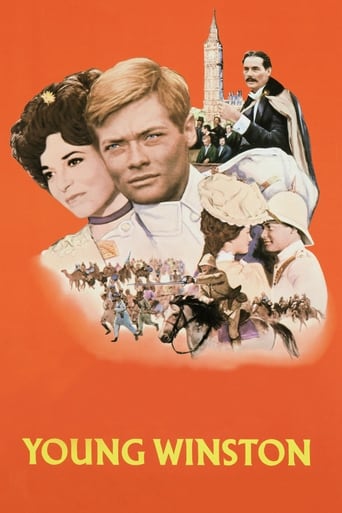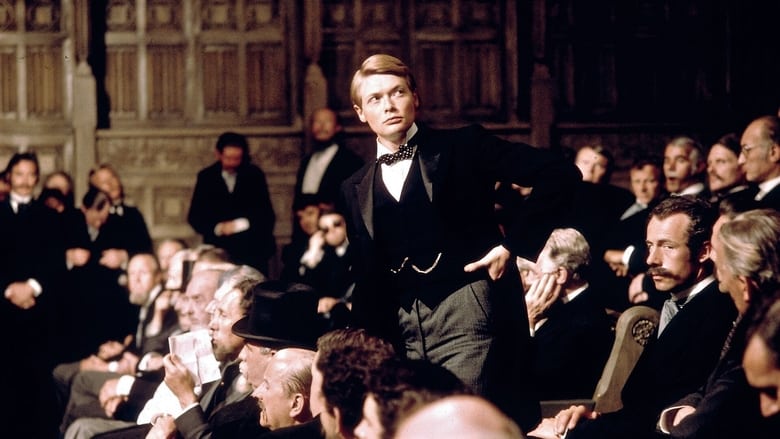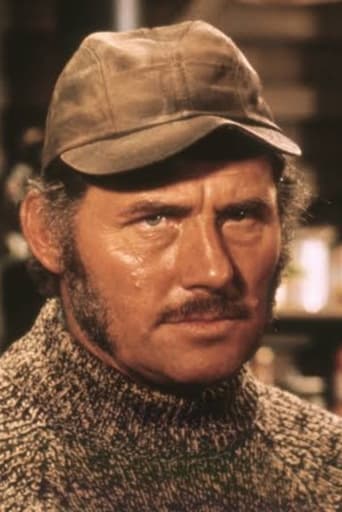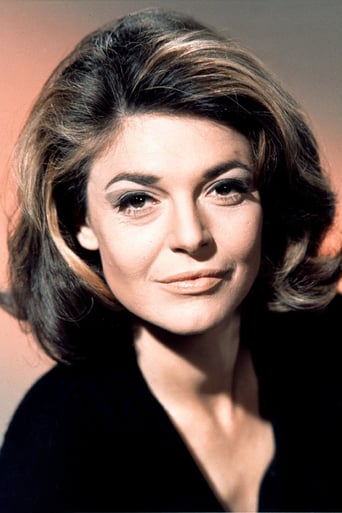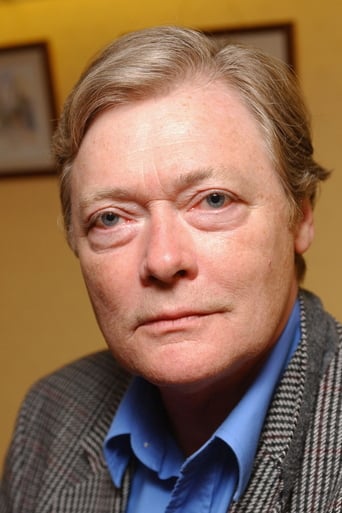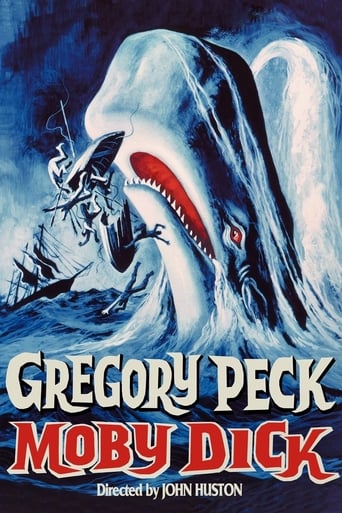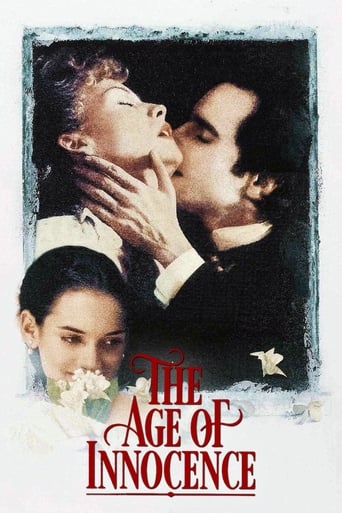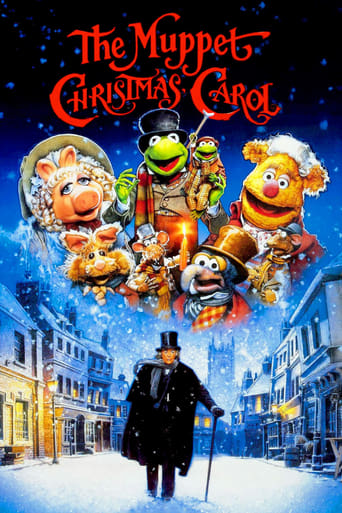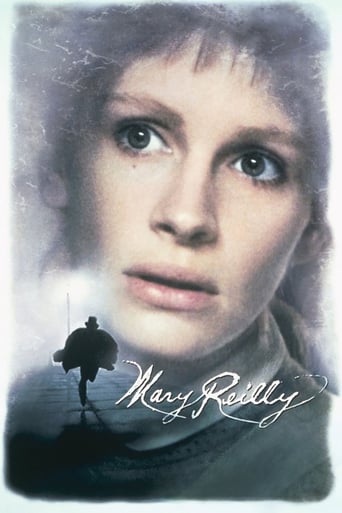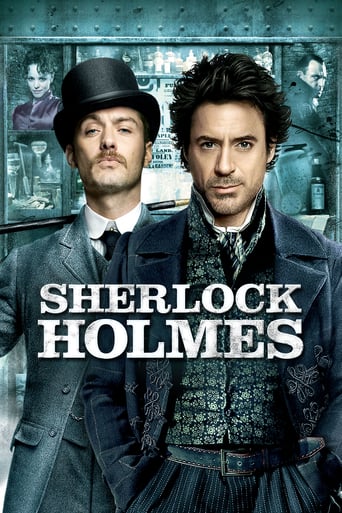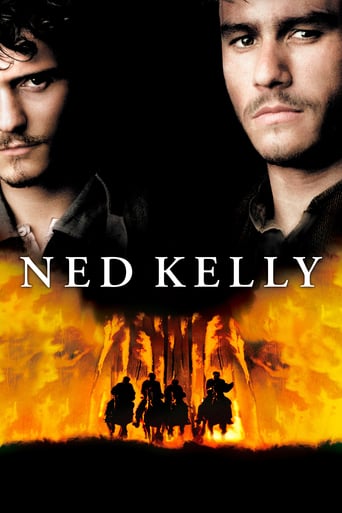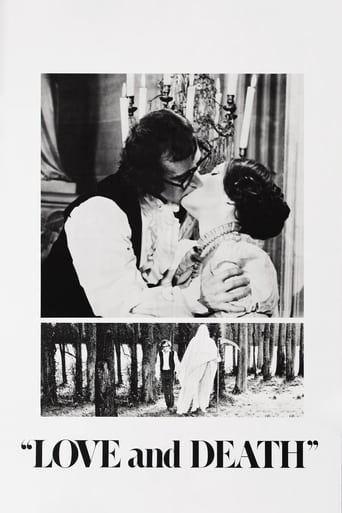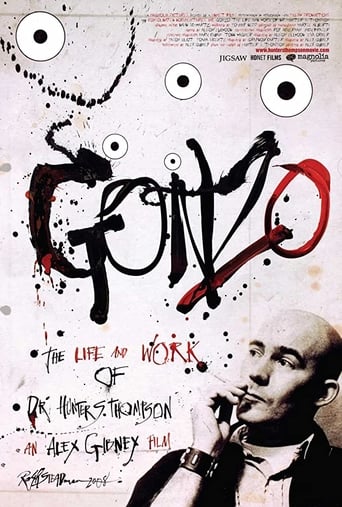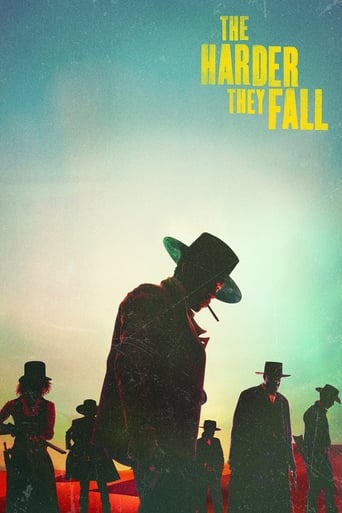Young Winston (1972)
This historical drama is an account of the early life of British politician Winston Churchill, including his childhood years, his time as a war correspondent in Africa, and culminating with his first election to Parliament.
Watch Trailer
Cast


Similar titles
Reviews
Based on Winston Churchill's 1930 autobiography "My Early Life: A Roving Commission, this is an excellent and engrossing account of the early life of the future British Prime Minister. It has a very strong script by Carl Foreman, a previously blacklisted American screenwriter whose other works include "High Noon", "The Bridge on the River Kwai" and "The Guns of Navarone", which hues closely to the historical facts. I have seen several reviews criticising the film for being confusing for jumping around in time but I had no such problem. It begins with a depiction of Churchill's service as a cavalry officer in India in 1897 before dealing with his childhood. I have not read "My Early Life" but I have read other autobiographies and biographies which begin with an exciting moment from the subject's life before dealing with his/her life in a more linear fashion so I don't see what the problem is, frankly. The film is very well directed by Richard Attenborough, my favourite director of all time. It makes great use of the locations from Churchill's birthplace Blenheim Palace (which I have visited) to Morocco and the action scenes, particularly the armoured train escape, are very exciting.In his first leading role and his biggest film role overall, Simon Ward gives a fantastic performance as the title character. He is exactly as you would expect Churchill to be and, in fact, was at that age: enthusiastic, extroverted, determined, arrogant and full of vaulting ambition. The film portrays Churchill as a good and decent young man but he is far from perfect as he occasionally gets in over his head and make impulsive decisions, a trait that he inherited from his father. The older Churchill, voiced by Ward in a very good impersonation, serves as the narrator and openly says at one point that his military service and work as a war correspondent were designed to increase his profile so that he would ever a better chance of being elected to Parliament. I don't know if this is a direct quote but, in any event, it is a refreshingly honest tact for the film to take. During two speeches, one to a reporter and one in Parliament, Ward perfectly captures Churchill's inflections and the theatrical manner in which he often spoke in public.Robert Shaw is excellent as his father Lord Randolph Churchill (a role originally offered to Attenborough himself), who is depicted as an emotionally distant father who spends little time with Winston. The older Churchill says that they only had three or four in-depth conversations in their lives and I have no trouble believing that. While Randolph would be considered neglectful in an emotional sense these days, this was a pretty common state of affairs among the British upper class in the late 19th and early 20th Centuries. At the beginning of the film, Randolph is a young and strong man who has a bright future ahead of him and speaks very well in the House of Commons. However, after he is diagnosed with syphilis, he goes into a steep mental and physical decline and his final speech in Parliament is very moving as he repeats himself and stumbles over his words constantly due to his condition. Anne Bancroft has the largest role of any woman in the film as Churchill's mother Lady Randolph and is likewise extremely strong. Lady Randolph is depicted as a supportive mother but the older Churchill says that he loved her from a distance like the sun. She does her best to keep him on the straight and narrow when he spends more money than he has and tries to stop him from throwing his career away as his father did.As is typical of Attenborough's films, the film has a very strong supporting cast such as Pat Heywood as Churchill's devoted nanny Mrs. Everest (who was more of a mother to him than Lady Randolph), John Mills as Lord Kitchener (as in Attenborough's first film "Oh! What a Lovely War", Mills is cast against type as the closest thing that the film has to an individual antagonist), Ian Holm as "The Times" editor George E. Buckle, Anthony Hopkins as Lloyd George, Edward Woodward as Captain Aylmer Haldane, Patrick Magee as General Bindon Blood and Laurence Naismith as Lord Salisbury. It also features many great actors in smaller roles such as Peter Cellier, John Woodvine, Basil Dignam, John Stuart, Attenborough's brother-in-law Gerald Sim, Colin Blakely, Julian Holloway, Thorley Walters, Norman Rossington and Robert Flemyng. The director's then daughter-in-law Jane Seymour has a very early role as Churchill's love interest Pamela Plowden while the film features one of the final roles of Jack Hawkins, who died the next year. As was often the case in his later years, he was cast in a role that did not require him to speak as he had unfortunately lost his voice due to throat cancer and the removal of his larynx.Overall, this is an excellent film which does a great job of exploring the early life of the one of the most important politicians of the 20th Century.
Solid biography of the early life of Winston Churchill. The casting is top notch, it's a pity we don't get to see more of Anthony Hopkins, but it was an early appearance for him. The boy that played kid Winston and the guy who played young man Winston have a extraordinary resemblance to the real Churchill, and they perform their parts very well too.The story is directed well enough to keep you entertained for 2,5 hours. The only hindrance is Churchill's annoying voice-over; although the manner of speaking may be historically correct, it distracts from the story with its quaint intonation. This may be a minor issue to some, but the distraction keeps coming back.All in all a well-directed biopic, which will also appeal to non-connoisseurs.
Simon Ward is "Young Winston" in this 1972 film, directed by Richard Attenborough with a all-star cast including Anne Bancroft, Robert Shaw, Jack Hawkins, John Mills, Pat Heywood, Ian Holm, Patrick Magee, Anthony Hopkins, Edward Woodward, Laurence Naismith, Robert Hardy, and Colin Blakely.The film is based on Churchill's book about his early life, which is far superior to the film because it encompasses so much more detail. We see Churchill in his early life going off to a series of schools, an original thinker who could do well in school if he put his mind to it. He adores his parents from a distance; his father (Shaw), a controversial figure in Parliament, dies a slow death from syphilis. His mother, Jenny (Bancroft), a great beauty, has a series of lovers, which is not covered here. Not considered a great scholar, rather than following his father into political life, he seems destined for a military career. His soldiering leaves something to be desired, though he acquits himself well when, as a journalist, he is caught in battle. He writes books about the war campaigns and becomes known - and sometimes not liked. Churchill does enter politics at a young age and loses. Undaunted, he keeps going, finally entering Parliament.Young Winston captures the different eras beautifully and is absolutely huge in its scope. The battle scenes are tremendous, and there are plenty of them for lovers of adventure films. The film was made in an era of the big, sweeping epic, and it doesn't disappoint.It's also helped by the fabulous performances. We have all seen the heavy, bald Winston Churchill, but of course he wasn't born that way. Simon Ward is the absolute picture of the young Churchill and does a brilliant job portraying a hard-working, ambitious, proud and sometimes haughty youth. Robert Shaw is wonderful as Lord Randolph, showing a powerful man and his slow decline. Anne Bancroft's performance may have raised a question or two. She speaks with a British accent, yet Jenny was an American, from Brooklyn, no less. Her accent is actually an informed choice - and who could expect less from such a stunning actress. Firstly, as the daughter of a millionaire, she attended the best schools, where upper class people were taught to speak with a British affectation; secondly, having lived in England, she naturally took on a stronger version of the accent. Bancroft gives Jenny the vivaciousness, intelligence and charm that the actual Jenny possessed.Some of the greatest British actors of the day have small roles, truly elevating the film. Notable is John Mills as the irascible General Kitchener, who emphatically does not want Churchill serving under him. Anthony Hopkins pops up as David Lloyd George; Patrick Magee as General Blood. Jane Seymour has an early small role as Pamela Plowden.I'm not sure audiences have the patience any longer to sit through a sometimes slow, historical epic like this that isn't riddled with special effects. I highly recommend reading the book "My Early Life" and then seeing the film for a more complete look at one of the most important figures of the 20th Century.
I saw the British version in 1973 in Oxford, UK, the evening after my first visit to Blenham. About 15 years later I purchased the American VHS version and discovered a vital 5 minute epilog is missing from the American. In the epilog, the portly, now retired Churchill is snoozing at his painting easel. The ghost of his long-dead father Lord Randolph shows up for a conversation. The father is vitally interested in how the young chaps of Edwardian England, such as Chamberlain, made out and did they reach 10 Downing? The sleeping Winston, in the tones of Simon Ward's voice-over, explains that "yes, such men reached the P.M.'s office." Before leaving, Lord Randolph finally asks Winston what he did with his life? Modestly, Churchill says he's written several books and Lord Randolph, with a touch of patronizing, approves, after all any larger greatness was probably out of reach for his limited son. The audience at Oxford was almost standing on their chairs screaming "Tell the bastard you saved Western Civilization!!!" A far more powerful ending than young Winston making his first political mark after his Boer War adventures.

